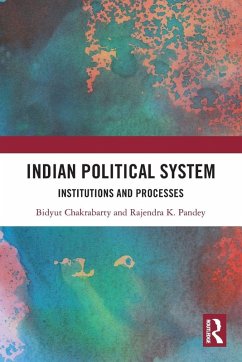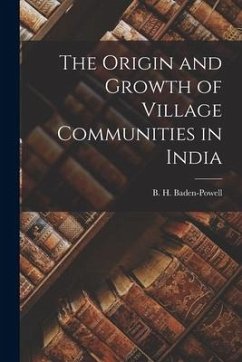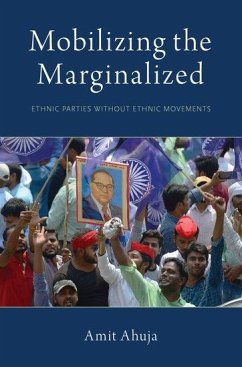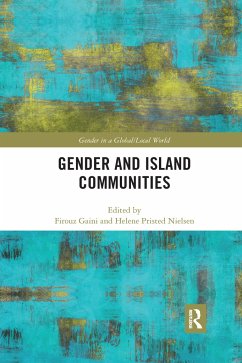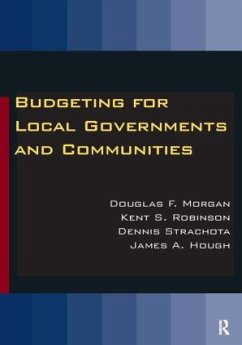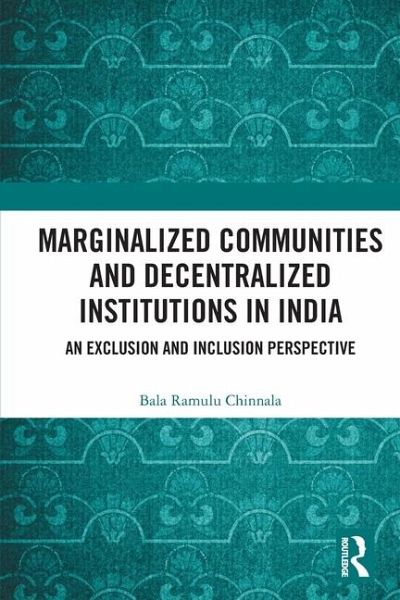
Marginalized Communities and Decentralized Institutions in India
An Exclusion and Inclusion Perspective
Versandkostenfrei!
Versandfertig in 1-2 Wochen
55,99 €
inkl. MwSt.
Weitere Ausgaben:

PAYBACK Punkte
28 °P sammeln!
This book examines the causes and consequences of marginalization of social groups and the state of democratic decentralization in India in the unfolding context of globalization and changing perspectives of development models and institutions. The first of its kind, it correlates macro-and micro-level issues to understand social exclusion and inclusion and the level of participation of democratic institutions at the grassroots level since economic liberalization (1991) and the 73rd Constitution Amendment Act of 1992, marking three decades since granting constitutional status to the Panchayati...
This book examines the causes and consequences of marginalization of social groups and the state of democratic decentralization in India in the unfolding context of globalization and changing perspectives of development models and institutions. The first of its kind, it correlates macro-and micro-level issues to understand social exclusion and inclusion and the level of participation of democratic institutions at the grassroots level since economic liberalization (1991) and the 73rd Constitution Amendment Act of 1992, marking three decades since granting constitutional status to the Panchayati Raj Institutions. The study looks at the linkages between certain key themes: the neoliberal model of development, growth, and distributive justice; the role and mandate of grassroots-level public institutions enshrined in the Constitution, inclusive growth, and the Indian State; the role of political executives from marginalized communities; factors involved in people's active participation in the development process; and challenges in current political structures, inclusion of marginalized communities in governance and development, and real empowerment of local bodies and institutions. The book argues that legislative enactments, constitutional status, reservation of seats to marginalized communities, and so on can only empower local bodies and their leadership symbolically. The success of these provisions depends on the overall development model of the country; the support of national and state governments; the socio-economic and political environment of the institutions; and effective service and accountability. Topical and rich in empirical data, including case studies, this book will be an essential read for scholars and researchers of political science, development studies, governance, public administration, sociology, public policy, and also for government agencies, administrators and bureaucrats, policymakers, international organizations, think tanks, and NGOs working in the area.





